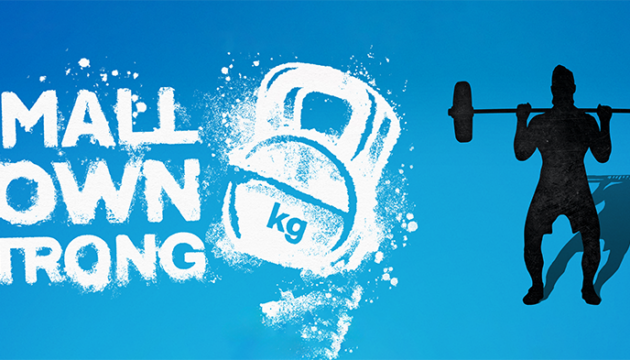
Patient and Physician Behavior
Featured Topics
Lead story
Other featured articles
-
A New Healthcare Valuation Model That Puts Patients First: Generalized Risk Adjusted Cost-Effectiveness (GRACE)
By recognizing that health is worth more to those who have less, GRACE provides a more equitable approach to value assessment and healthcare investments.
Posted in -
Risk Preferences Over Health: Empirical Estimates and Implications for Medical Decision-Making
Individuals are risk-seeking at low levels of health and are most risk-averse at perfect health
Posted in -
A Randomized Trial Looking at Planning Prompts to Reduce Opioid Prescribing
The study confirmed the benefit of planning prompts, and repeat letter exposure among clinicians with poor patient outcomes.
Posted in -
Want Safer Prescribing? Provide Doctors with a Plan for Helping Patients in Pain
Letters notifying physicians of patient overdose deaths and providing a plan for the future is an effective intervention, according to new USC Schaeffer Center research
Posted in
About this section
Patients as well as providers must take responsibility in improving healthcare, but human fallibility can impede success. The Schaeffer Center fosters supportive and effective ways to improve the decision-making of all parties for healthier results.
Our Work In Patient and Physician Behavior
-
Prescription Drug Monitoring Program Use by Opioid Prescribers: A Cross-Sectional Study
The research assessed PDMP use in Minnesota, which requires opioid prescribers to hold accounts and, in most cases, search the PDMP before prescribing, but where enforcement authority is limited
Categorized in -
Why Higher Copayments for Opioids Did Not Reduce Use Among Medicare Beneficiaries
Greater prescribing of opioids by physicians is widely understood to be the primary driver of the opioid epidemic. Ironically, the introduction of Medicare Part D contributed to the epidemic.
Categorized in -
Context Matters: Using an Evidence to Decision (EtD) Framework to Develop and Encourage Uptake of Opioid Deprescribing Guideline Recommendations at the Point-Of-Care
The context within which evidence-based recommendations are considered, as well the political and health-system environment, can contribute to the success of recommendation implementation.
Categorized in -
Small Town Strong
Directed by USC Price School alumnus Chase Millsap, the documentary “Small Town Strong” chronicles how the people of Portsmouth, Ohio, banded together to take on the deadly fentanyl epidemic through fitness. After screening the documentary, a panel discussion with the filmmakers and USC Price School faculty will discuss the themes of the opioid crisis, addiction […]
-
America’s Opioid Ecosystem: How Leveraging System Interactions Can Help Curb Addiction, Overdose, and Other Harms
This study can help researchers better consider the full consequences of policy changes and help members of the media identify the dynamics of interactions that deserve more attention.
Categorized in -
A Clinical Pathway to Well-Being: Putting Patient Priorities at the Center of Care
Using a patient’s self-defined goals can be a powerful motivator for improving health outcomes.
Categorized in











